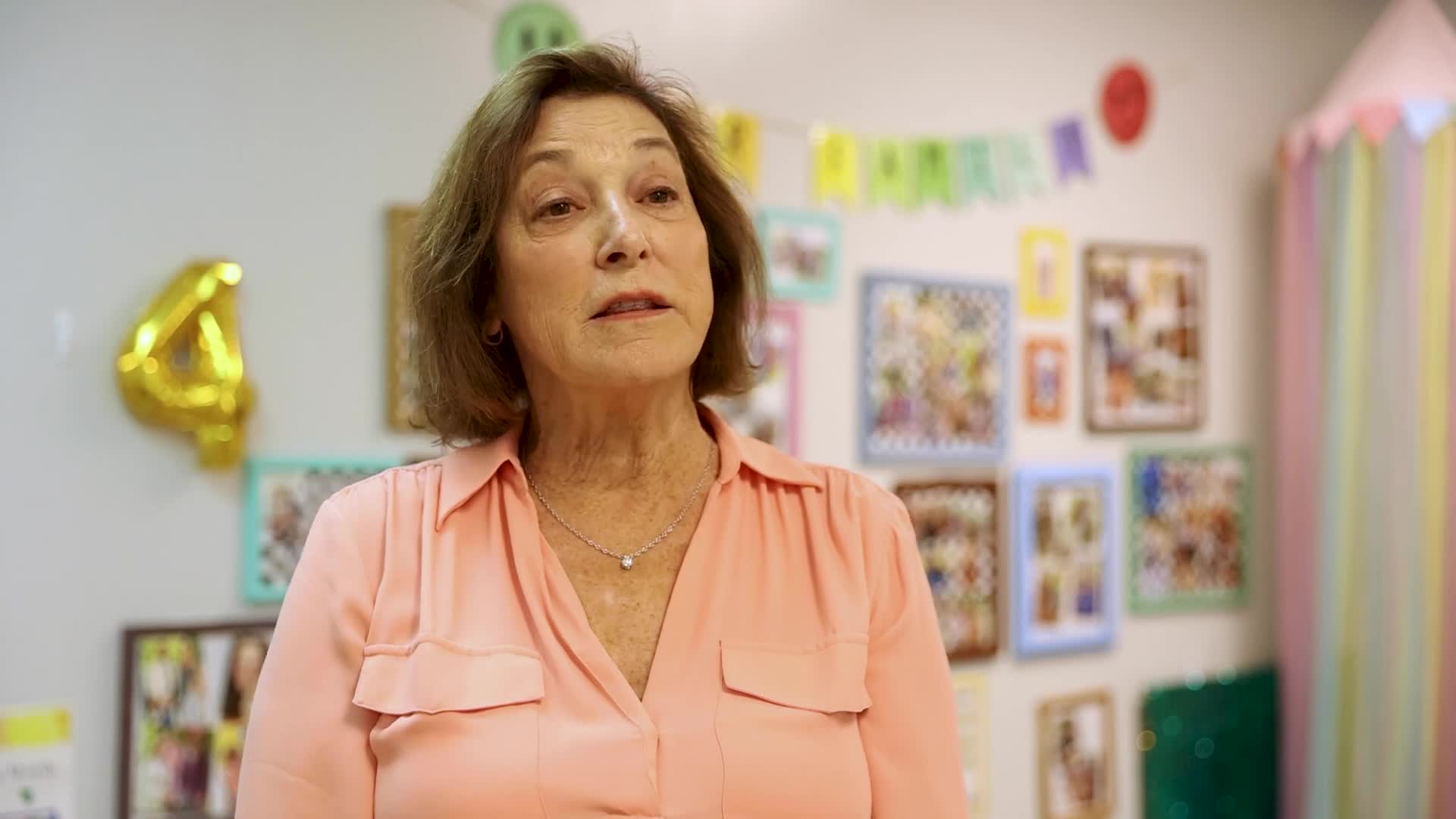Commenters describe Go Read literacy program's gains for students with dyslexia and seek support
Get AI-powered insights, summaries, and transcripts
Subscribe
Summary
Two unnamed commenters described the Go Read program at a public meeting, saying structured-literacy training raised assessment levels and reading speeds for students with dyslexia, expanded from about 35 to 2,700 students, and asked for community contributions because school and state supports were described as lacking.
Two commenters at a public meeting described Go Read, a local structured-literacy effort for students with dyslexia, and urged community support to expand the program.
An unnamed commenter who identified themself as a grandparent recounted sending two grandchildren to an out-of-area program in Louisville after the grandchildren struggled in class. "Lane was just like in the classroom panicking that they were gonna call on her in the fifth grade," the commenter said, adding that the family paid for an "expensive" daily program that "worked wonders for both of them." The commenter said, "The school system has nothing for dyslexia. The state doesn't pay for anything for dyslexia," and described Go Read as a local response: "we came up with the idea for Go Read to hire some teachers and train teachers, specifically for dyslexia."
A second unnamed commenter who identified as program staff described the outcomes they attributed to Go Read's structured-literacy approach. "We've had students go from novice and apprentice on the Kentucky standard assessment, all the way up to proficient and distinguished within a year or 2 after the intervention of structured literacy," the speaker said. The commenter also said several second-grade students increased reading rates "from maybe 12 words per minute with 56% accuracy" to "112 words per minute with 96% accuracy" within a year, and that those gains translated into greater classroom confidence.
The program staffer said Go Read scaled by training classroom teachers: the effort reached about 1,500 students by the second year and, the speaker said, is now "up to about 2,700 kids." The grandparent repeated that the program "has probably exceeded my expectations" and asked the public to contribute: "Absolutely anybody can make a contribution to the foundation and specifically it go to go read and know that it's really gonna help the kids."
The figures and outcomes described in the meeting were presented by program representatives and were not independently verified in the transcript. The commenters framed Go Read as a response to limited local and state supports for dyslexia; no formal motion, vote, or funding decision appears in the provided transcript.
